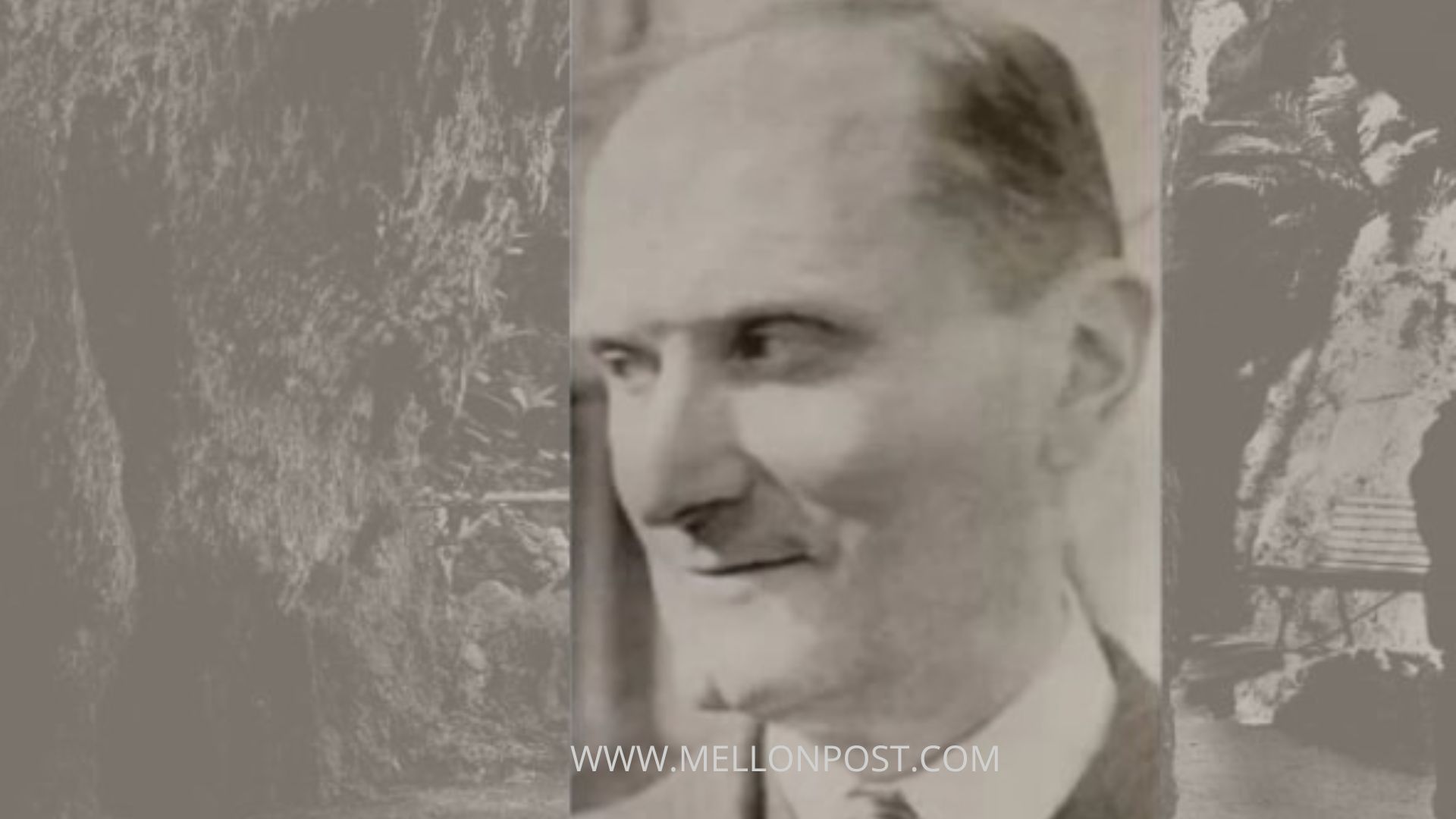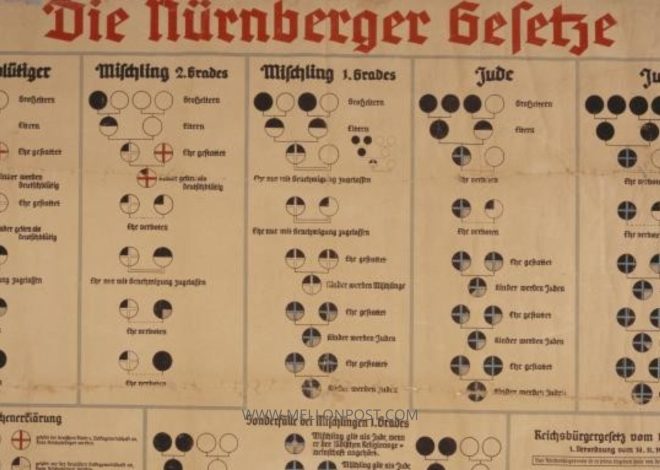
Story of Carlo Angela : Righteous Among the Nations
Carlo Angela was a notable Italian physician whose life and work during World War II left a significant mark on both medical practice and humanitarian efforts. Born on January 9, 1875, in Olcenengo, Italy, Angela pursued his medical education at the University of Turin, graduating in 1899.
His early career included working as a doctor for the Belgian army in the Congo, and later, he specialized in neuropsychology in Paris under the renowned professor Joseph Babinski, who had connections with Sigmund Freud.
Early Political Involvement and Relocation
Angela’s political engagement began in the early 1920s when he joined the “Democrazia Sociale,” a socialist party. However, disillusioned by its alignment with nationalist and authoritarian ideologies, he distanced himself from the party in 1924.
He subsequently joined a more reformist socialist faction led by Ivanoe Bonomi. His outspoken criticism of Benito Mussolini and the Fascist regime, particularly regarding the assassination of socialist leader Giacomo Matteotti, led to severe repercussions.
Following a violent attack on the newspaper where he published his critiques, Angela relocated to San Maurizio Canavese, where he became the medical director of Villa Turina Amione, a psychiatric hospital.
Humanitarian Efforts During WWII
At Villa Turina Amione, Angela’s role transcended that of a medical director; he became a beacon of hope for many during one of history’s darkest periods. He orchestrated a remarkable effort to save numerous individuals from deportation to Nazi concentration camps.
With a small group of trusted colleagues, Angela devised various strategies to protect those at risk, including anti-Fascists, deserters, and particularly Jews. He manipulated medical records, issuing false diagnoses and altering case histories to classify Jews as “Aryans” and healthy individuals as mentally ill.
This subterfuge allowed him to shelter many, including prominent individuals such as lawyer Massimo Ottolenghi and his family, Captain Dogliotti, and aristocrat Lord Revelli di Beaumont.
Carlo Angela actions were characterized by a profound moral conviction and a willingness to risk his own safety for the sake of others. His efforts remained largely unrecognized until decades later, when survivors began to recount their experiences.
Notably, Renzo Segre, who had hidden in the hospital with his wife under the guise of mental illness, documented their ordeal in his book “Venti Mesi” (Twenty Months), published in 1996. This work shed light on Angela’s courageous deeds and his charismatic leadership during the war.
Recognition and Legacy
Carlo Angela’s contributions were formally recognized posthumously when he was honored as a “Righteous Among the Nations” by Yad Vashem in 2002. This title is awarded to non-Jews who risked their lives to save Jews during the Holocaust. The recognition was a culmination of extensive research by historian Franco Brunetta, who compiled testimonies and documents that highlighted Angela’s humanitarian efforts.
Carlo Angela passed away on June 3, 1949, but his legacy endures. He served as mayor of San Maurizio Canavese from the end of the war until his death, and his story has become a vital part of the town’s historical narrative.
The local community commemorated his life and contributions through various initiatives, including the publication of “Il paese ricorda” (The Town Remembers) in 1986, which featured reflections from his son, Piero Angela, a well-known science journalist.
In summary, Carlo Angela’s life exemplifies the intersection of medical practice and moral courage. His dedication to saving lives during a time of widespread persecution not only highlights the potential for individual action in the face of tyranny but also serves as a testament to the enduring human spirit.
Continue reading: Why Mihailo Tolotos never saw a woman in his lifetime

